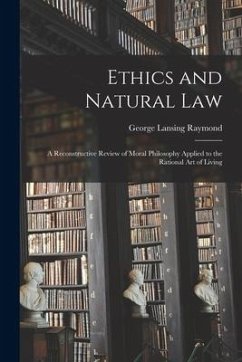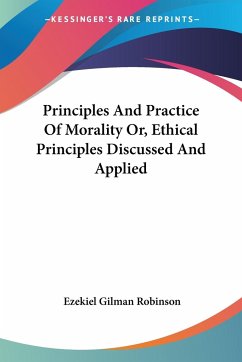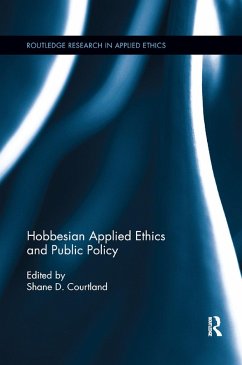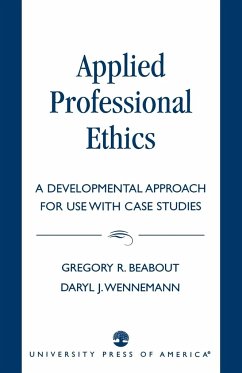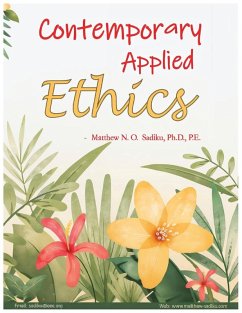Nicht lieferbar
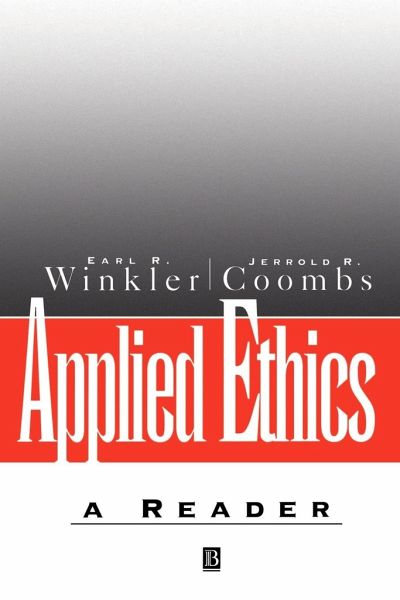
Applied Ethics
Psychoanalysis, Politics and the Return to Melanie Klein
Herausgeber: Coombs, Jerrold R.; Winkler, Earl
Versandkostenfrei!
Nicht lieferbar
The first half of this book, representing both European and Anglo-American philosophical traditions, presents various general aspects of applied ethics. Central issues include: What is the nature of applied ethics? How is applied ethics related to science and technology? Can applied ethics be critically subversive and reformative of conventional morality? How useful are conceptions of rational consensus formation in social policy formation? The papers in the second half of the book focus on the major fields of applied ethics - Business Ethics, Environmental Ethics and Biomedical Ethics. A prim...
The first half of this book, representing both European and Anglo-American philosophical traditions, presents various general aspects of applied ethics. Central issues include: What is the nature of applied ethics? How is applied ethics related to science and technology? Can applied ethics be critically subversive and reformative of conventional morality? How useful are conceptions of rational consensus formation in social policy formation? The papers in the second half of the book focus on the major fields of applied ethics - Business Ethics, Environmental Ethics and Biomedical Ethics. A primary issue that recurs in several of these essays concerns the relationship between ethical theory and moral practice. Other principal concerns are the general nature of business, or environmental ethics; the question of intrinsic values in nature; how to model corporate obligations so as to encompass legitimate forms of social responsibility; and what changes in general moral belief and dispositions of thought might improve our chances of dealing adequately with problems of large-scale environmental degradation. Contributors include Robert Solomon, Kenneth Goodpaster, Holmes Rolston III, Dale Jamieson, Barry Hoffmaster, Earl Winkler, Michael Philips, Alison Jaggar, James Rachels, Annette Baier, Roger Wertheimer and Matthias Kettner.





